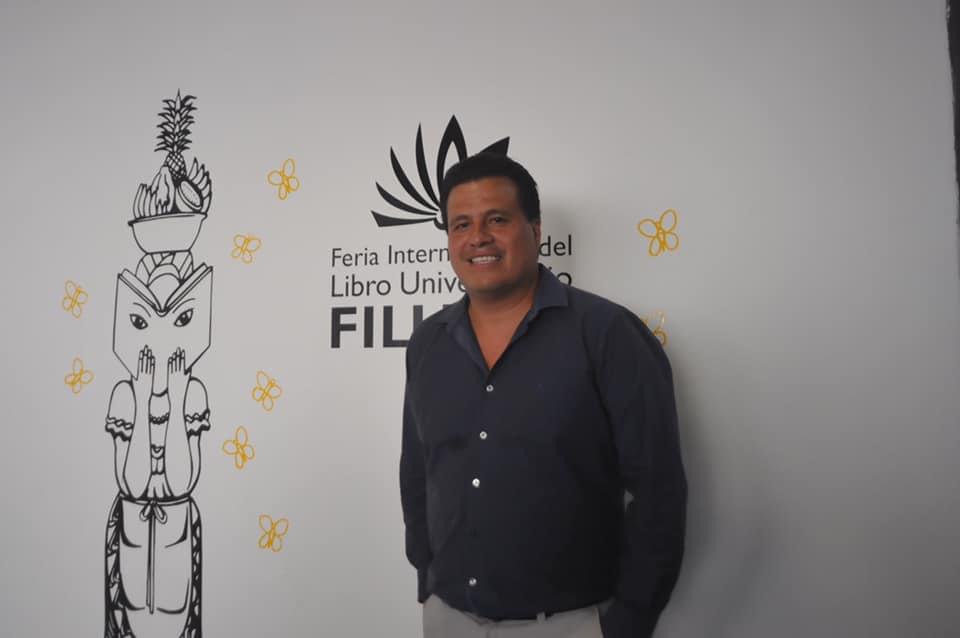Last year’s FIFA World Cup in Qatar was not the flop so many in the Western media predicted it would be. It taught me one thing - verify everything!
From the moment the 2022 World Cup kicked off, all the negative stereotypes and images that were circulating about Qatar and Islamic culture seemed to crumble.
Argentine, Mexican and Moroccan fans celebrated their teams' goals by removing their shirts inside the stadiums, baring their chests and singing at the top of their lungs, without being reprimanded as some pessimists had predicted.
Argentine, Spanish, Ecuadorian, Brazilian, Mexican and Costa Rican television stations and digital platforms shared videos which went viral, showcasing the popular celebrations and live performances organised by their fans along the waterfront of Katara and in the bustling alleys of Souq Waqif, as well as in the heart of Doha and the new commercial streets of Lusail.
Selfies taken by fans, uniting Latin Americans and Muslims, Arabs and Africans, flooded the digital space, creating a significant cultural shock with positive vibes. It became an opportunity for sharing experiences that should be cherished in the long run.
In order to fully appreciate this World Cup and its accompanying experiences, you would have to have attended many other World Cups.
It is unusual to see the most devout Muslims wearing the iconic number 10 shirt of Lionel Andrés Messi and proudly waving the Argentinian flag or witnessing an Arab merchant named Mohammed wearing a "Chucky" Lozano shirt in Souq Waqif.
Before we arrived in Qatar, we had imagined that we would be facing a state of prohibition, censorship and oppression, where drinking beer, casting an affectionate glance at a woman or even breathing the air were strictly forbidden. However, reality proved to be entirely different.
Qatar welcomed us with open arms, enabling us to embrace its emerging culture and fostering a sense of camaraderie. Anyone who took a stroll through the halls of the Qatar National Museum would comprehend what I really mean.
Then there were the widely circulated videos of Argentine fans chanting in unison: "Boys, we have our hopes up again," while riding a golf cart driven by two locals with great joy, but also displaying signs of bewilderment and fear due to the cart's precarious swaying that seemed to show its imminent overturning.
Not to mention the video capturing Mexicans in Souq Waqif carrying an Arab man on their shoulders, mimicking the celebratory tradition of lifting the groom and tossing him into the air at a wedding.
I was especially amazed at the Mexico v Poland match at the 974 Stadium, when I encountered an Arab girl who asked me for my Rey Mysterio mask so she could take a photo with the Mexican wrestling legend.
Later, I witnessed a Saudi recording a video for his Instagram account, learning to say: "Down With Club America" in Spanish, referring to one of the most prominent Mexican clubs in North America, which elicited laughter from those around him. As the Mexican rock musician Alex Lora said: "Stones come together when they roll." Here in Doha, in the desert, two different cultures met and embraced each other.
On the flip side, the unique sight of tourists lining up in long queues to savour shawarma, chicken korma, biryani or fish, among other Arab, Indian and Asian dishes which may be unfamiliar to those from the Western culture.
A Facebook page labelled "Mexicans Heading to Qatar" was flooded with comments, such as: "Never thought they would be so eager to try shawarma."
Meanwhile, Argentina secured its third star in the heart of the Arab desert, defeating the resilient France.
I heard some Latin American journalists declaring that the best-ever World Cup finals were played on December 18, 2022, in Lusail. In my opinion, such claims are exaggerated, but I do believe it was the most dramatic, exciting, most stressful and widely watched tournament in the world.
As Colombian journalist Felipe Restrepo Pombo once said: 'If your mother tells you she loves you, verify it.'
Such remarks might provoke the sort of resentment experienced by Mexico in 1986, South Africa in 2010, and other World Cups held over the past half-century.
Despite that, I believe it was the greatest edition in the history of the World Cup: 64 matches in eight different stadiums, where the performances and goals were shortened and managed skillfully, with a few exceptions.
Flawless arrangements and coverage of the World Cup were observed on FIFA channels and from Qatari media outlets, as well as coverage of various popular festivals that followed each match.
The media was granted excellent facilities and easy access to the stadiums: swift entry through the corridors to designated seats, effective scanners preventing ticket forgery, precise labelling ensuring that each fan found their designated spot, creating an exceptional atmosphere in every stadium.
It is true that we encountered some obstacles on the roads between the stadiums and the metro and bus stations, which could have been improved through Qatari traffic management logistics, ensuring vehicles arrived on time and operated more efficiently. That could be managed by organising volunteers to prevent serpentine queues and congestion at the metro stations, which sometimes happened to be empty.
According to Leo Noli, the logistics provided for the media were exceptional, and the geographical conditions of Qatar made their work easier. Noli is a journalist from La Gaceta de Tucumán, a newspaper in the northern region of Argentina, who closely followed the bitter fall of the Argentine national team against Saudi Arabia and witnessed their breath-taking match against France.
He states: "The World Cup will be etched in our memories as journalists. The next World Cup will be held in three great nations. However, I believe that Qatar's organisation was pretty much flawless. We were provided with all the comforts and facilities necessary to carry out our tasks. It will be challenging to replicate such an experience."
As one Spanish friend remarked: "Not a single English person was arrested during the World Cup. I think the alcohol ban in stadiums was a wise measure." In fact, alcohol was available to foreigners with an added "sin tax" allowing Mexicans and Spaniards, for example, to part with $15 for a single beer.
There will undoubtedly be those who criticise the 2022 Qatar World Cup, deeming it the most expensive and “worst” in history. However, when you focus on the overall enjoyment and peacefulness of the event, rather than the denial of a few trivial vices, this tournament was unquestionably the best.
I documented my daily experiences during the World Cup on Facebook, and some of my colleagues recommended not deviating from the Western script to avoid censure. Nothing could be further from the truth.
Through the Google Translate platform, I engaged in some fascinating conversations about football, cooking and tourism with the welcoming Arabs and Muslims, forging new friendships.
Argentina emerged victorious in the World Cup. It was as if we were watching the plot of a film, and they took the final match to the peak of excitement.
Lionel Andrés Messi did it, settling any lingering doubts for his fellow countrymen and reminding the world that winning the World Cup comes from scoring goals. He led his team to glory.
Qatar taught me an important lesson: in journalism, it is crucial to verify the accuracy of information. As Colombian journalist Felipe Restrepo Pombo once said: "If your mother tells you she loves you, verify it."
That is precisely what I did. I came to Qatar to undertake firsthand fieldwork and follow the World Cup with all the experiences it entailed, and I left the country on a high.
I have nothing but gratitude for the state of Qatar and a wish that it may host the Olympic Games again one day.
Noe Zavaleta is a writer and journalist from Mexico
The views expressed in this article are the author’s own and do not necessarily reflect Al Jazeera Journalism Review’s editorial stance





































